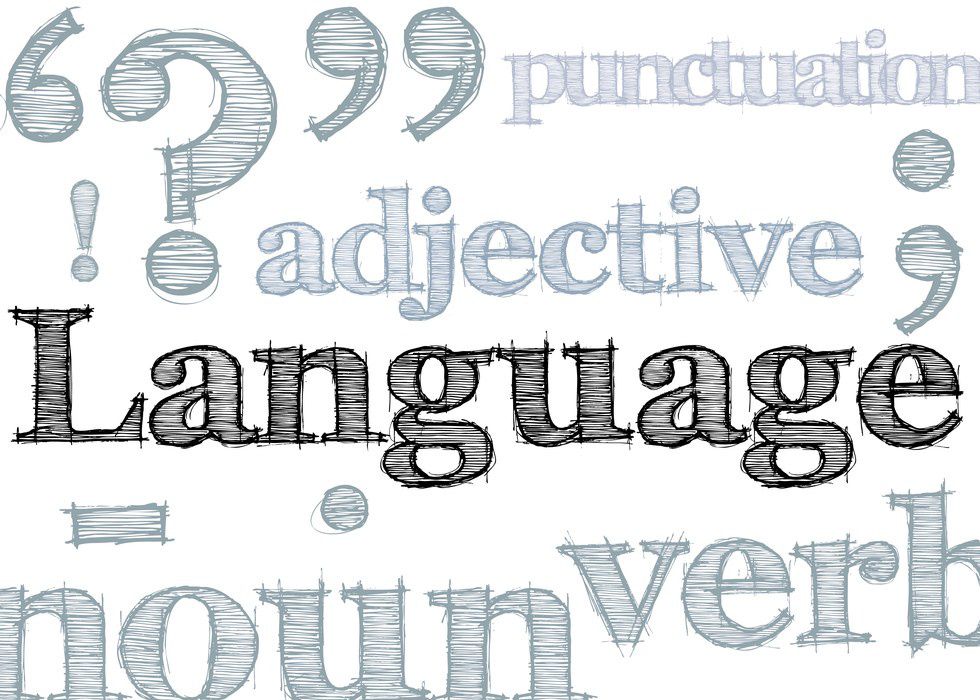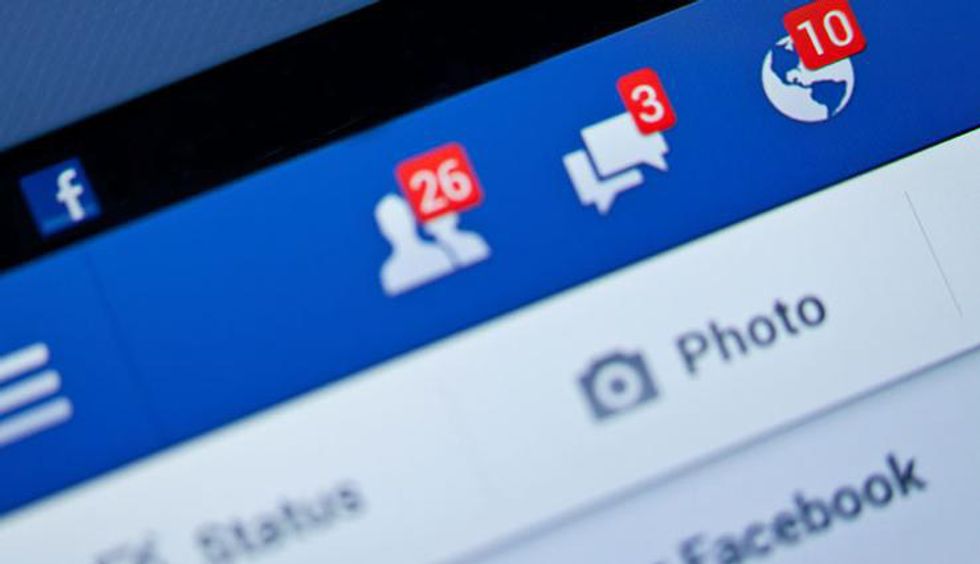Languages are constantly evolving. With technology continually moving us forward, communication changes as well. To some people, changes in language are a step backwards, inhibiting kids to learn correct grammar and ruining our proper language. But the effect is neither positive nor negative. Languages are supposed to change. New inventions and new concepts are introduced everyday. It’s a necessity our language change with us, providing new words and new definitions, which social media has done with words like "selfie."
Language and grammar are not as set in stone as we are led to believe. From Elementary to High School, English teachers drilled in our brains that there was a formula for writing essays, a correct way to speak and a wrong way to speak, and our LOL’s and JK’s were ruining our speech. Dialects exist around us (saying washed and warshed), different forms of slang that develop into a common language in a group of people, and it is not necessarily right and wrong. Grammar was created for the clarity in communication— a unification of one language so we understand each other. This includes past tense and present tense, the difference between I ran and I am running.
The reason we have language is communication. If a language successfully communicates something between two or more people, it is serving its purpose, ‘correct’ grammar or not. Linguistic Society online states, “By 'correct English', people usually mean Standard English. Most languages have a standard form; it's the form of the language used in government, education, and other formal contexts. But Standard English is actually just one dialect of English.” So why is correct grammar drilled into our heads?
Texting
Text messaging (a term replaced by texting—another example of how language changes) changed how we communicate. We shortened our words and inserted emoticons (now, emojis) and omitted punctuation. An article discusses the interesting effect of ommitting periods. It is titled "Why Using a Period Makes You Sound Angry." In place of a period we use 'lol' or 'haha' or we lengthen out the last word like 'youuu,' or use an emoji instead. We use more exclamation points, signaling the informality of our text conversations.
Facebook has offered new meanings to words such as friend, like, status, wall, page, and profile (Reed). This alone has introduced a new way of communicating. We speak in terms of how many 'likes' we got on a post.
Twitter’s commencement received criticism. With a limit of only 140 characters, the platform shouldn’t have lasted. Yet, it is today a powerful marketing tool for brands, musicians, and companies. Twitter introduced the 'hashtag' now used in speech as well as other platforms: Instagram, Facebook, etc.
Social media isn't ruining our language. It's revolutionizing it. Our language is successfully changing with us, shaping outside the limits of grammar.






















